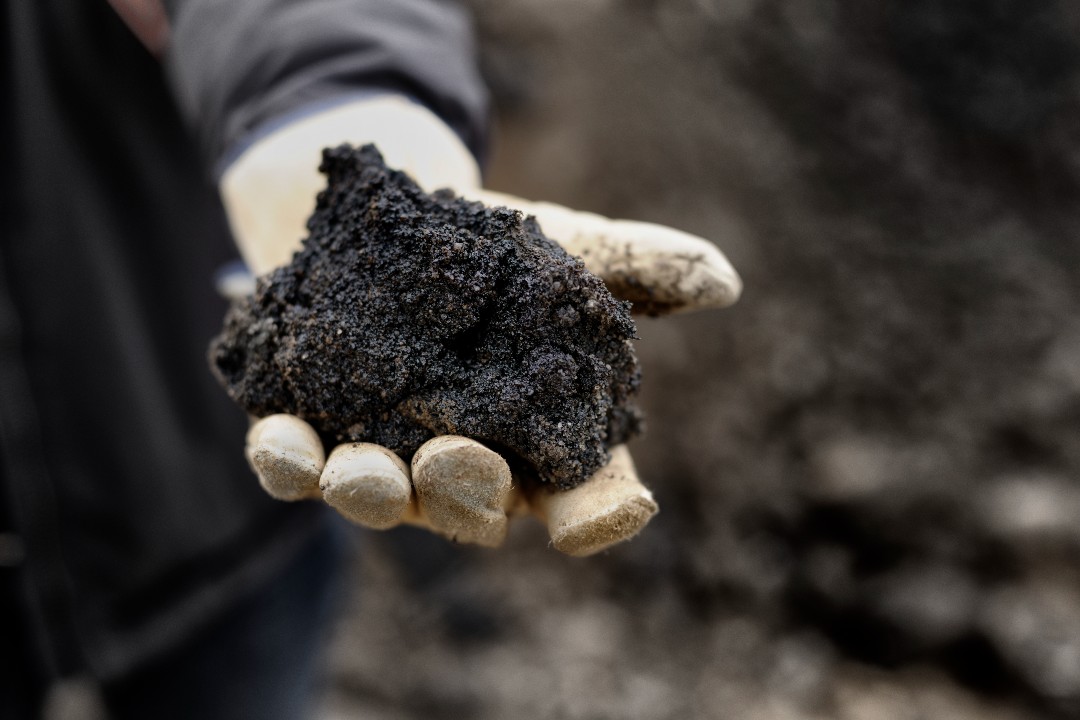Could your next bike be made from Alberta oil?
Researchers will establish processes to turn the bitumen found in Alberta's oilsands into carbon fibre, a common building material in sports equipment, automobiles, wind turbines, and mobility scooters, after Alberta Innovates received $10 million from Prairies Economic Development Canada in July.
InnoTech Alberta, a subsidiary of Alberta Innovates, will operate a new facility at the Edmonton Research Park. Paolo Bomben with Alberta Innovates told Taproot that bitumen contains a wide range of organic material, and the heaviest material can be thicker than molasses. These properties are a problem or a benefit, depending on what you are making. "It's very heavy, very difficult, and energy-intensive to convert to fuel — a lot of emissions, a lot of energy requirements," Bomben said. "However, that heavy part is actually really ideal to make carbon materials."
Carbon fibre is typically made with polyacrylonitrile fibre, and is used for many applications, Bomben said. Carbon fibre is significantly lighter than steel and aluminum, doesn't corrode, is thermally and electrically conductive, and has significant strength and stiffness properties. One downside is cost — carbon fibre costs between $10 to $12 per pound, whereas steel costs less than $1 per pound.
Bomben said using bitumen in carbon fibre production could open up a new market area for the material.
"We don't think we're competing with existing carbon fibre," Bomben said. "We think the demand is there for an entire new product offering that will expand the market for carbon fibre, to much greater sizes than currently exists today."
Though there are similar facilities around the world, including in Colombia and China, this would be the first in Canada, Bomben said.
The new facility is part of the Alberta Innovates Bitumen Beyond Combustion program, which aims to convert material mined in Alberta's oilsands into non-fuel products, including asphalt, activated carbon, carbon nanotubes, polyurethanes, and controlled-release fertilizers. The program aims to increase oilsands production and offset a potential decline in demand for combustible fuels.
The new carbon fibre facility will be used by teams in the Alberta Innovates Carbon Fibre Grand Challenge, a $26-million three-phase competition that aims to develop the large-scale production of carbon fibre from bitumen. Edmonton-based Thread Innovations was selected for the most recent round of funding. The companies in the challenge must find a way to make carbon fibre from oilsands bitumen that costs less than half of what current carbon fibre products cost. The facility will also be open to the public, Bomben said.
Harper International is constructing the facility, and once it is finished it will be shipped to Edmonton and installed at the Edmonton Research Park. It is expected to be open in 2025.

